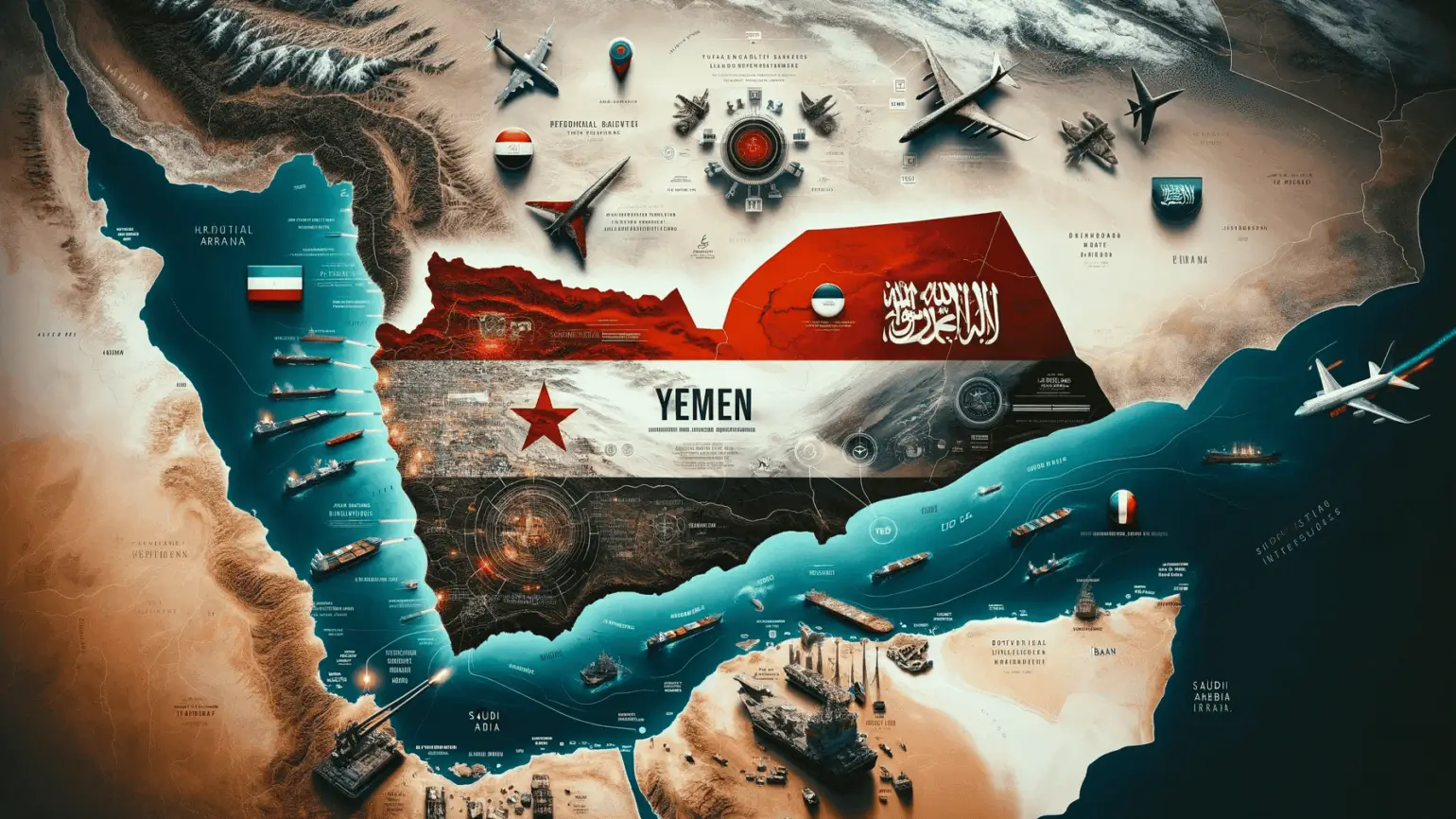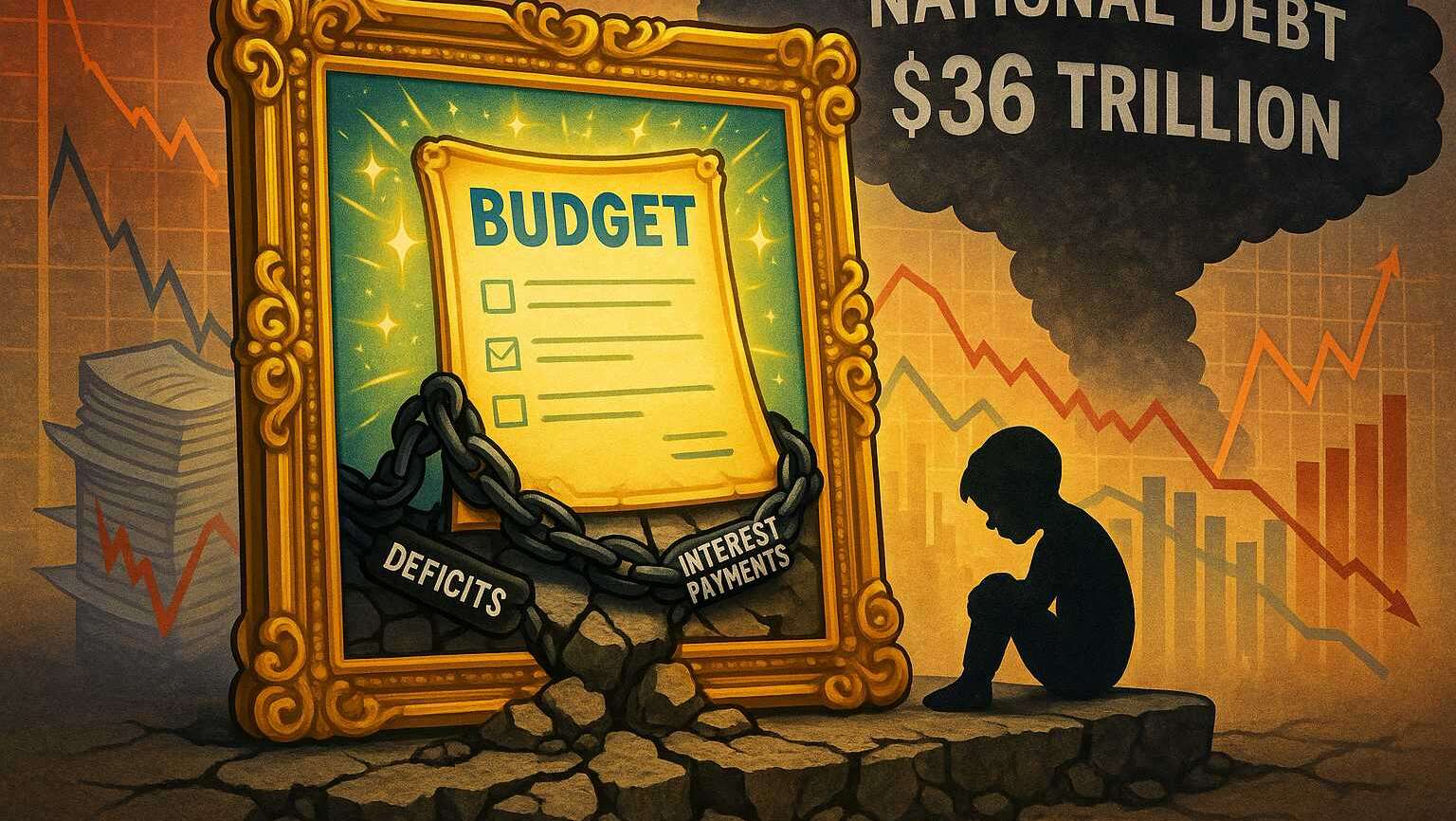A Shia splinter group called the Houthis from the north of Yemen — the country at the extreme southwestern end of the Arabian peninsula bordering the southern end of the Red Sea — has recently been in the news for attacks on shipping and before, violent attacks on Saudi Arabia. Although the Houthis practice a different brand of Shia Islam than the ayatollahs of Iran, because they are nominally Shia and are a ‘thorn’ in the side of their most powerful Sunni enemy in the region, Saudi Arabia. Teheran supplies them with weapons and instruction so that they can carry on these acts of terror against the Sunni majority in Yemen, against Saudi Arabia, and against shipping in the Red Sea.1 Now, with the Israeli war on Hamas, Iran is using the Houthis as a proxy to attack Israel and US interests in the region.
That’s who the Houthis are…this is why we should care:
- Since mid-November 2023, the Yemen-based, Iran-backed Houthi rebel group has attacked dozens of commercial ships in the Red Sea, with no signs of slowing down. An exodus of shipping companies from the region now threatens to scuttle supply chains and increase consumer prices just as global inflation begins to ebb. The United States has announced an international security initiative to protect commercial vessels and has launched strikes on Houthi sites in Yemen. Some experts worry the response could catalyze a wider regional conflict.2
Since the Houthis have been around since the 1990’s and have been harassing our allies in the Yemeni government and Saudi Arabia since that time, what have been our actions to eliminate this source of Middle East de-stability and terror? Well, depending on who is the President at the time, US actions have either been punitive towards Iran and its proxy the Houthis or appeasing, seeking to humor the ayatollahs in the hope that they would cease their aggressive measures in the region.
Middle East foreign policy under President Trump was hard line. In a January 2020 briefing, he declared that “Iran has been the leading sponsor of terrorism, and their pursuit of nuclear weapons threatens the civilized world.”3 Trump’s actions dealing with Iran and the Houthis were aggressive. Among other things…
- He authorized the air strike that killed Iranian General Qassem Soleimani who according to US intelligence was behind terror attacks on the US military in Iraq.4
- In a multi-billion dollar arms deal, Trump had earlier offered support to Saudi Arabia in their war on the Houthis.5
- In 2021, President Trump officially declared the Houthis to be a terrorist organization.6
Though heavily criticized for his policies towards Teheran, President Trump’s administration successfully diminished Iran’s support for terrorism in the Middle East so that Hezbollah and the Houthi activities were much reduced.7 When President Biden came to office he immediately began to re-engage with the Iranians.8
- He tried to get Iran to return to the nuclear energy deal (the JCPOA) that Obama negotiated and Trump rescinded, that many in the international community believe enabled the Ayatollahs to proceed clandestinely with nuclear weapon production.9
- He re-instated Obama-era policies of restoring an estimated 1.7 billion of ‘frozen’ Iranian funds to them. President Obama had much of this money delivered to Teheran in bales of cash.10
- Biden then also withdrew the Trump’s ‘Terrorist’ designation from the Houthis.11
- Only after these recent Houthi attacks on shipping in the Red Sea has Biden reinstated the ‘Terrorist organization’ designation for the Houthis and conducted air strikes to destroy their weapons.12
The answer as to how to treat Iran and their proxy the Houthis seems to be that a tough line is necessary to curb their aggression in the region. The Obama and Biden policy of appeasement can now be seen to have been an abject failure. The vaunted JCPOA nuclear agreement that President Obama concluded with Teheran, according to Israeli intelligence sources, did nothing to stop Iran from enriching their uranium stocks to manufacture nuclear weapons.13 Iran, with its millions of dollars supplied by the Obama/Biden administrations has provided weapons and intelligence for:
- Hezbollah, the terrorist organization attacking Israel from the north.14
- Hamas, whose genocidal attack on Israel from Palestinian Gaza in October has now resulted in the deaths of thousands of Israelis and Palestinians.15
- The Houthis, who now are enabled and encouraged to attack western interests in the Red Sea to disrupt Suez Canal shipping.16
We here at I Vote My Vote applaud President Biden’s belated, but strong, military response to the Houthis in Yemen. But in the interests of informed voters, we must point out that it is the Obama/Biden policy of appeasement with Iran that has brought the world to this point of greater danger in the Middle East. It our hope that future US administrations will learn a stern lesson from this foreign policy disaster…appeasement with outlaw nations such as Iran, does not work.
- Who are Yemen’s Houthis? (2022). The Wilson Center. Retrieved from https://www.wilsoncenter.org/article/who-are-yemens-houthis
- Berman, N. (2024). How Houthi Attacks in the Red Sea Threaten Global Shipping. Council on Foreign Relations. Retrieved from https://www.cfr.org/in-brief/how-houthi-attacks-red-sea-threaten-global-shipping
- Remarks by President Trump on Iran. (2020). National Archives. Retrieved from https://trumpwhitehouse.archives.gov/briefings-statements/remarks-president-trump-iran/
- Remarks by President Trump on the Killing of Qasem Soleimani. (2020). National Archives. Retrieved from https://trumpwhitehouse.archives.gov/briefings-statements/remarks-president-trump-killing-qasem-soleimani/
- Ottaway, D. (2017). The Trump Administration Embraces the Saudi-Led War in Yemen. The Wilson Center. Retrieved from https://www.wilsoncenter.org/publication/the-trump-administration-embraces-the-saudi-led-war-yemen
- Chappell, B. & Dwyer, C. (2021). Trump Administration Moves To Brand Houthis In Yemen A Terrorist Group. NPR.org. Retrieved from https://www.npr.org/2021/01/11/936627548/trump-administration-moves-to-brand-houthis-in-yemen-a-terrorist-group
- Iran One Year Later: The Trump Administration’s Policy, Looking Back and Looking Forward. (2019). Center for Strategic & International Studies. Retrieved from https://www.csis.org/analysis/iran-one-year-later-trump-administrations-policy-looking-back-and-looking-forward
- Dubowitz, M. & Ben Taleblu, B. (2021). Biden squanders leverage Trump stockpiled on Iran in pursuit of a defective nuclear deal. NBC News.com. Retrieved from https://www.nbcnews.com/think/opinion/biden-squanders-leverage-trump-stockpiled-iran-pursuit-defective-nuclear-deal-ncna1258577
- Epstein, R. (2015). Obama’s Disastrous Iran Deal. Hoover Institution. Retrieved from https://www.hoover.org/research/obamas-disastrous-iran-deal
- 5 Times the Obama Admin Insisted Cash Was the Only Way to Pay Iran. (2016). House of Representatives Foreign Affairs Committee. Retrieved from https://foreignaffairs.house.gov/blog/5-times-obama-admin-insisted-cash-way-pay-iran/
- tepansky, J. (2021). Biden admin ends Trump-era Houthi ‘terrorist’ designation. Aljazeera.com. Retrieved from https://www.aljazeera.com/news/2021/2/16/biden-admin-ends-trump-era-houthi-terrorist-designation
- U.S. designates Houthi rebels as specially designated global terrorists. (2024). PBS.org. Retrieved from https://www.pbs.org/newshour/world/u-s-designates-houthi-rebels-as-specially-designated-global-terrorists
- Iran Nuclear History: Critiques of the JCPOA Implementation. Jewish Virtual Library. Retrieved from https://www.jewishvirtuallibrary.org/iran-nuclear-history-implementation-of-the-jcpoa
- Nakhoul, S.& Hafezi, P. (2024). Iranian and Hezbollah commanders help direct Houthi attacks in Yemen. Reuters Online. Retrieved from https://www.reuters.com/world/middle-east/iranian-hezbollah-commanders-help-direct-houthi-attacks-yemen-sources-say-2024-01-20/



